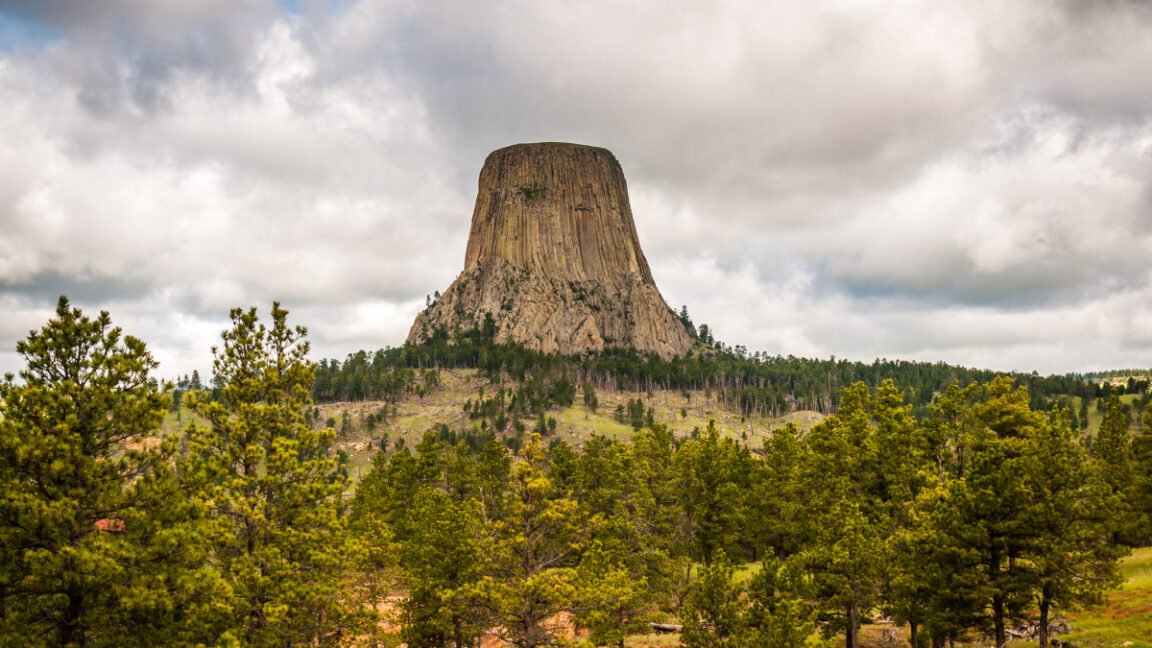Wyoming Pioneers First State-Issued Stablecoin with Frontier Token

Wyoming has set a new precedent by launching the United States' first state-issued stablecoin. This initiative holds the promise of reducing transaction fees and ensuring instant payment processing.
The state's dedicated Wyoming Stable Token Commission, formed in 2023, recently revealed the launch of the Frontier Stable Token (FRNT) on its mainnet blockchain network. The commission aspires for FRNT to enhance digital payment speed and security globally. Yet, it remains to be seen how FRNT's features will distinguish it from existing stablecoins.
Governor Mark Gordon expressed pride in Wyoming's leadership in blockchain and cryptocurrency, marking over 45 legislative actions since 2016. He stated, "Today, Wyoming reaffirms its commitment to financial innovation and consumer protection." The launch aligns perfectly with the Wyoming Blockchain Symposium in Jackson Hole.
Interestingly, this move follows the signing of the Genius Act by President Trump, imposing federal guidelines for stablecoins. These guidelines mandate full backing by liquid assets and monthly reserve disclosures. Nevertheless, FRNT remains exempt as these rules are directed at businesses and not government-issued tokens.
Despite this exemption, FRNT will be fully backed by U.S. dollars and short-term Treasuries, maintaining a 2% overcollateralization for added stability. The interest from these reserves is earmarked for the Wyoming School Foundation Fund.
In collaboration with LayerZero, FRNT will debut across various blockchain platforms, including Arbitrum, Avalanche, Base, and Ethereum. Initially, it will launch on Solana through exchanges like Kraken and platforms such as Rain's Visa-integrated card service.
Rain has highlighted a significant milestone with FRNT's launch, enabling it anywhere Visa functions—including through Apple Pay and Google Pay. This marks a first for U.S. state-issued digital currencies.
Avalanche shared aspirations that FRNT could facilitate various applications, such as instant tax refunds and rapid disaster relief. However, the realization of these possibilities remains to be seen. Other states, including Texas and Nebraska, are also eyeing similar initiatives, considering their own stablecoins.


